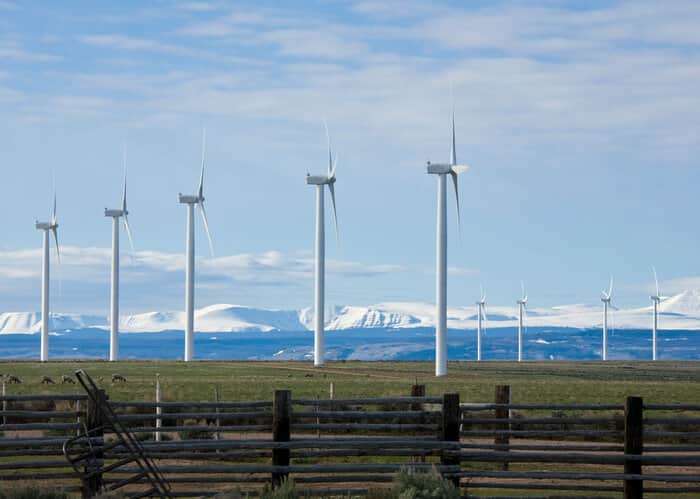The Federal Energy Regulatory Commission (FERC) has taken action to expand the availability of wind resources in the Southwest Power Pool Inc. (SPP) region by approving a wind transmission cost allocation proposal designed to reduce barriers to integrating wind power into the region.
FERC's actions update SPP's open-access transmission tariff by making more of the costs associated with wind resources eligible for "base plan" funding, the commission says. Base-plan funding represents how SPP allocates costs for certain network upgrades that are included in and constructed under the SPP transmission expansion plan.
SPP will now allocate a greater percentage of network upgrade costs associated with wind resources to the entire SPP region. FERC says SPP's treatment for such wind resources is reasonable because of their location-constrained nature.
"Our action today represents a significant step for SPP toward leveling the playing field for all generating resources," FERC Chairman Jon Wellinghoff says. "This plan also ensures that zones with substantial wind resources do not bear a disproportionate amount of the cost of network upgrades that are needed for those resources to serve loads in other zones."
SPP's proposal generally increases base-plan eligibility for network upgrade costs associated with wind resources. However, SPP also proposed a limitation that such network upgrades will qualify for base-plan funding if the sum of a customer's new and existing transmission capacity designated for wind does not exceed 20% of the customer's projected system peak responsibility in the first year the customer plans to take service from the wind resource.
FERC accepted that proposal but gave SPP one year to evaluate the integration of wind generating facilities into the system and report the results to FERC to ensure that the limit will not unnecessarily impede wind resource development.
SPP serves portions of Arkansas, Kansas, Louisiana, Missouri, Nebraska, New Mexico, Oklahoma and Texas.
SOURCE: Federal Energy Regulatory Commission



